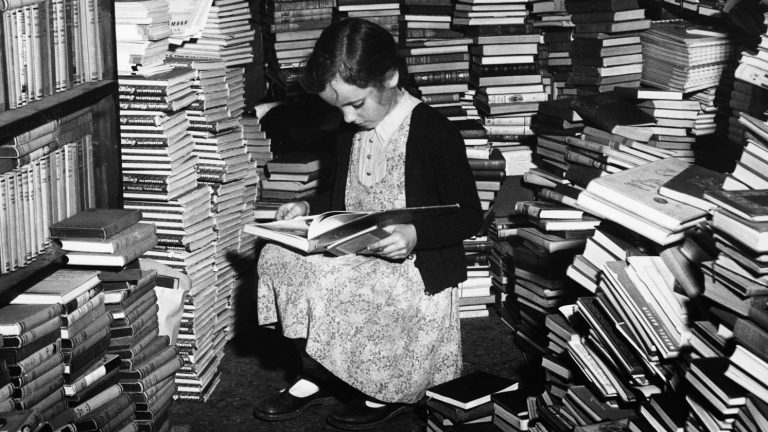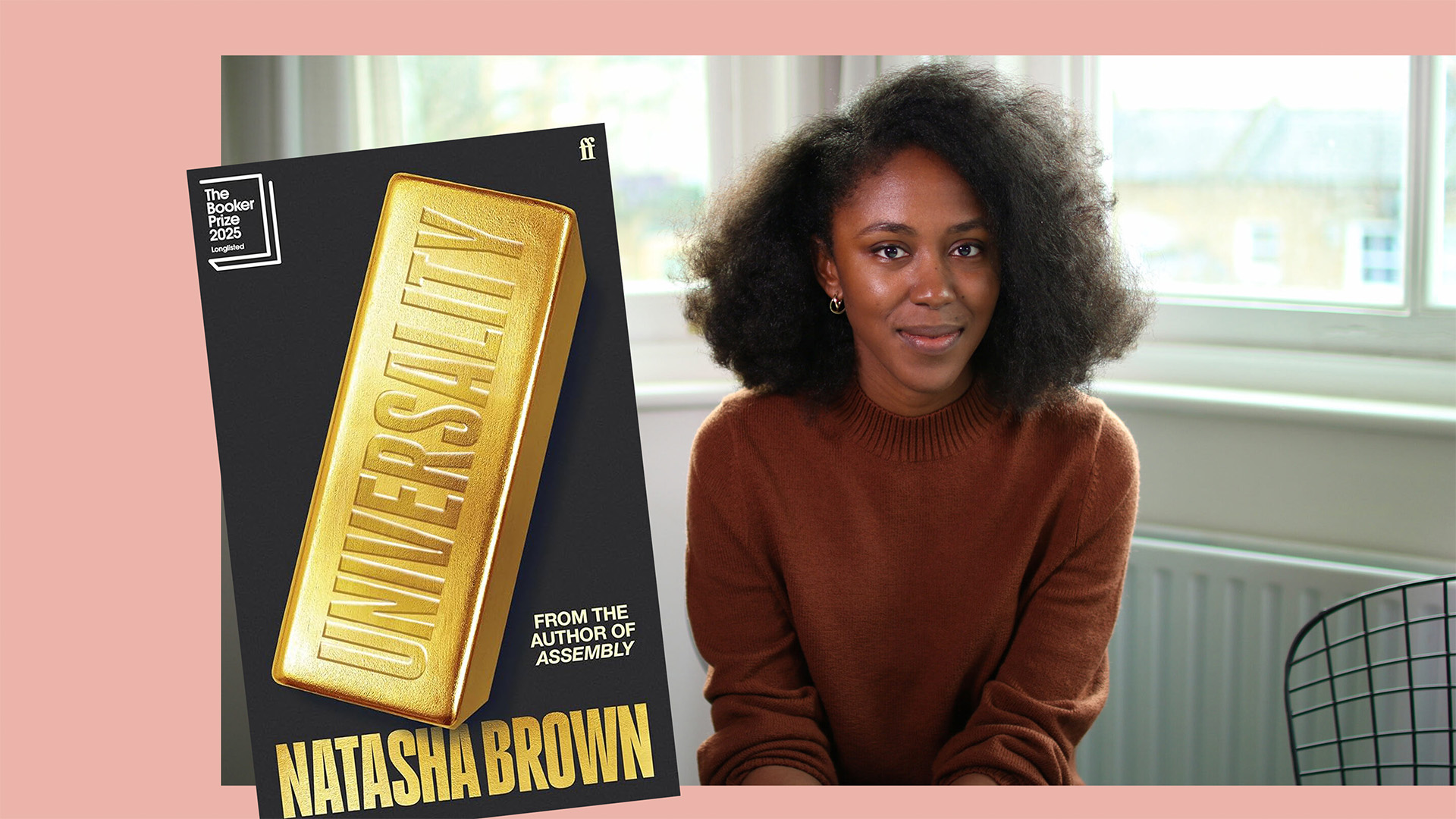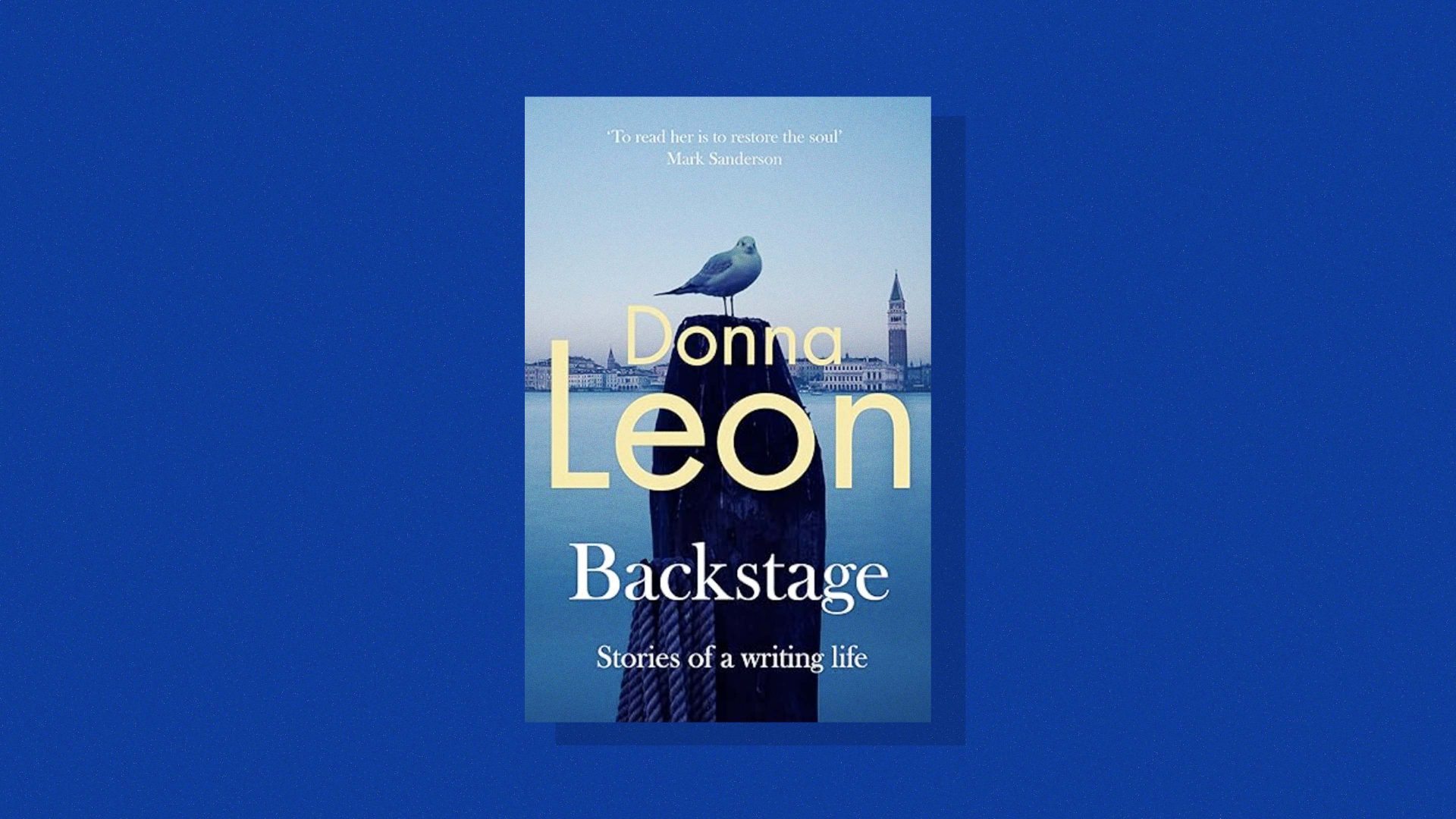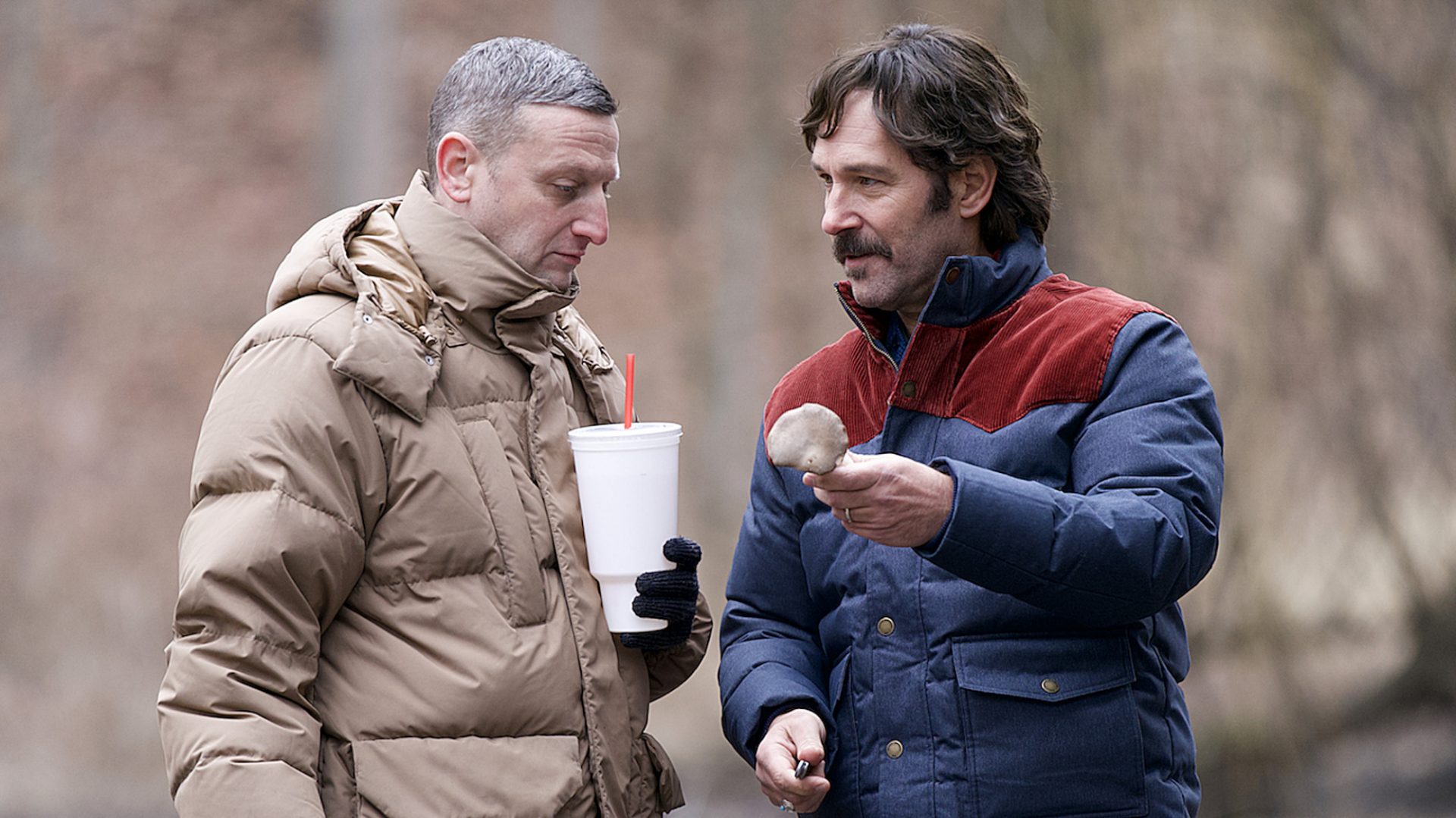“’Speakers’ Tent.’ Could there be a less appealing term to describe a location? It promises a tireless and tiresome on the ears and mind: people paid to speak, all speaking simultaneously, in a desperate bid for relevance.“
In Universality, which is longlisted for the 2025 Booker Prize, Natasha Brown takes aim at two worlds that I have straddled for the past five years – the world of activists and the world of the media that cover their campaigns. Spokespeople who become the stories; stories that get wheeled out, recycled up into ragebait and covered on the morning shows and Sunday paper reviews. There’s also a dreadful book festival, speakers’ tent and all.
I first encountered Brown’s searing storytelling in 2022 with Assemblies, which addressed racial assimilation and code switching in a powerful, short and to-the-point narrative. Her writing is cinematic yet so compact that it can be absorbed on a quick flight. I’m wordy when I talk and when I write, so when I encounter a book that I can read in an hour but will think about for months, I am sold.
Brown’s deft skill in ridiculing scenarios that I’ve found myself in frequently leaves me in awe of her talent, frequently taking pictures of the phrases she coins to describe farcical blowhards living up to the caricatures we expect of them.
In Universality, it is as if we are being served a mashup of A Simple Life, Industry, and an episode of Parks & Recreation set at a book festival. Trying to write up why it lands so brilliantly will take me as long as it will take you to actually read it. Fans of Wag the Dog and Fundamentally by Nussaibah Younis will inhale it; I can’t recommend it highly enough.
Universality hits close to home. During Covid, I was meant to be working with a team to produce a Literary Lockdown Festival – which never actually got off the ground – that featured more authors named Paul than women combined. I was hired to add diversity and inclusion, in the way only a white, middle-class American woman could. Just enough DEI to tick a box but not to actually add any diversity of thought or, God forbid, content.
Suggested Reading

If you only read one book this year, make it one of these
Brown goes for the jugular when writing about how complicit the media and subjects need to be for the rage equation to fill hours and hours of morning telly and column inches. I’ve regularly been on morning television discussing Trump’s most recent human rights violations, then also being asked about what Melania is wearing.
I’ve sat in meetings of 50 white feminists arguing over racism without anyone having bothered to invite any women of colour to take part in the discussions and dictate solutions that would potentially work. And in Universality, I feel seen.
In Brown’s acknowledgements, she writes that she hopes readers have had fun with the book. She’s definitely had her own fun eviscerating activists, hedge fund owners, city boys running country estates and the inbred circle of authors, journos and their subjects, all interviewing one another on the book festival circuit.
The plot reminded me of when US television planned to make a competitive reality television show called The Activist – which activism actually matters the most? Which cause is more deserving? What lives count? Brown’s brilliantly scathing and archly funny characters allow you to laugh at yourself and them while realising just how true her criticisms are.
Will Universality make the Booker Prize shortlist? We will find out when, for the first time, it is announced at a live in-person event at the South Bank on September 23. Then the shortlist goes to the judges, who this year include Roddy Doyle, Sarah Jessica Parker, Kiley Reid (a fellow Philadelphian who wrote Such a Fun Age) novelist Ayọ̀bámi Adébáyọ̀ (check out Stay With Me) and broadcaster and literary critic Chris Power.
I’ve long had a love/hate relationship with the Booker Prize, but am diving into the 2025 longlist with gusto There is a quiz on Booker’s site that aims to pick the right book for you, and while I read prize longlists for the exact opposite purpose – I don’t want to read my normal slate of authors or genres – its suggestions are intriguing.
The Rest of Our Lives by Ben Markovits is about a man being cheated on and vowing to leave his wife as soon as his child hits university; but the timing of that is a long 12 years later. I’m more drawn to Love Forms by Claire Adam about a young woman, pregnant in Trinidad and sailing to Venezuela to give up the baby to nuns for adoption.
My plan is to read both and share my reactions here. But if the recommendation you get is Universality, you’re already a winner.




